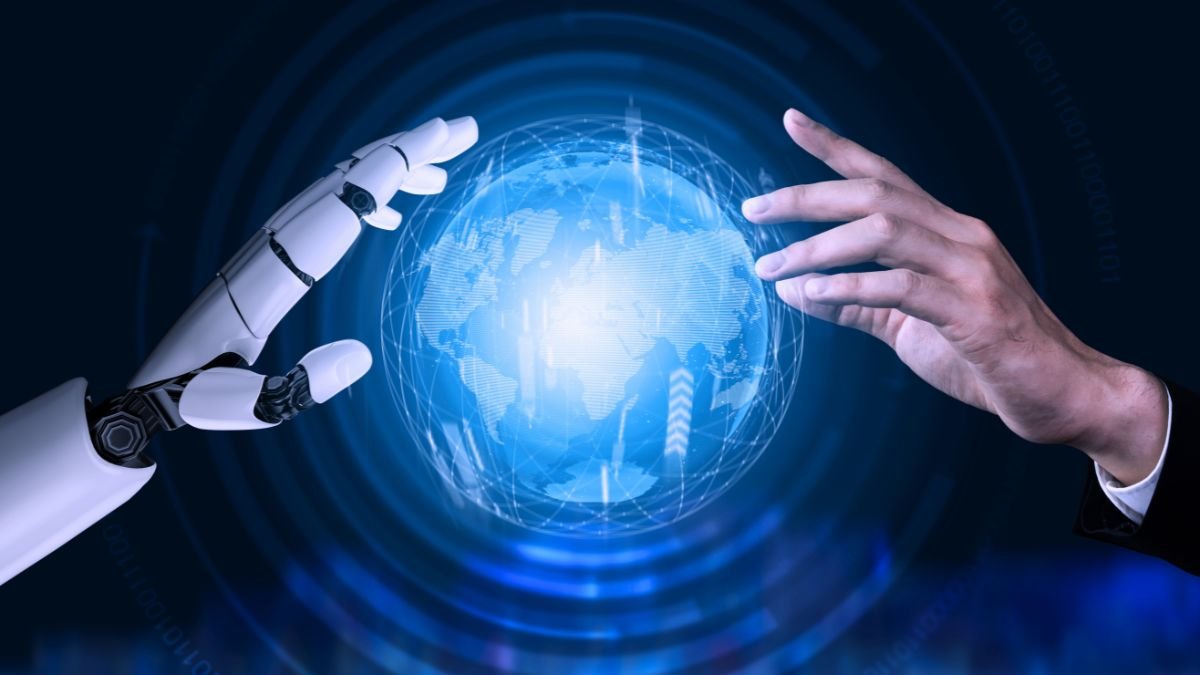Table of Contents
Artificial intelligence (AI) has already transformed various industries, from healthcare and finance to transportation and entertainment. As we look toward 2030, the advancements in AI are poised to become even more profound, influencing every aspect of our lives. This article explores the key trends and predictions for the future of AI, shedding light on how this technology will continue to evolve and shape our world.
Trend 1: Enhanced Human-AI Collaboration
By 2030, AI is expected to become more integrated into daily human activities, enhancing our capabilities and productivity. The concept of human-AI collaboration will see significant advancements, with AI systems working alongside humans in various fields. From healthcare professionals using AI to diagnose diseases more accurately to AI-powered tools assisting engineers in designing complex systems, the synergy between humans and AI will drive innovation and efficiency.
Prediction
AI will not replace humans but will augment their abilities, making tasks more efficient and allowing for more creative and strategic thinking. Industries that embrace this collaboration will see exponential growth in productivity and innovation.
Trend 2: Advancements in Natural Language Processing (NLP)
Natural Language Processing (NLP) has made significant strides in recent years, and by 2030, it will become even more sophisticated. AI systems will understand and interpret human language with near-human accuracy, enabling more intuitive and natural interactions between humans and machines.
Prediction
Voice-activated assistants will become ubiquitous, capable of understanding context, emotions, and nuances in human speech. This will revolutionize customer service, content creation, and personal assistants, making AI a seamless part of everyday communication.
Trend 3: AI in Healthcare

AI’s impact on healthcare has been transformative, and its role will only expand by 2030. From personalized medicine and predictive analytics to robotic surgeries and virtual health assistants, AI will revolutionize how healthcare is delivered.
Prediction
AI will enable early detection of diseases through predictive analytics, personalized treatment plans based on genetic information, and continuous monitoring of patients through wearable devices. This will lead to improved patient outcomes and more efficient healthcare systems.
Trend 4: Autonomous Vehicles
The development of autonomous vehicles is one of the most anticipated advancements in AI. By 2030, self-driving cars, drones, and other autonomous systems will become more prevalent, reshaping transportation and logistics.
Prediction
Autonomous vehicles will reduce traffic accidents, lower transportation costs, and improve mobility for people with disabilities. The logistics industry will see significant improvements in efficiency and cost-effectiveness, driven by AI-powered delivery systems.
Trend 5: AI and Cybersecurity

As AI becomes more integrated into various systems, the need for robust cybersecurity measures will increase. AI will play a dual role in cybersecurity, both as a tool for protecting against threats and as a potential target for cyberattacks.
Prediction
AI-driven cybersecurity solutions will become more advanced, capable of predicting and mitigating threats in real-time. However, the rise of AI-powered cyberattacks will require continuous innovation and vigilance in cybersecurity strategies.
Trend 6: Ethical AI and Governance
As AI systems become more powerful, ethical considerations and governance will become critical. Ensuring that AI is developed and deployed responsibly will be a major focus, addressing issues such as bias, privacy, and accountability.
Prediction
Governments and organizations will implement comprehensive frameworks and regulations to ensure ethical AI development and use. Transparency and accountability will become essential components of AI governance, fostering trust and responsible innovation.
Trend 7: AI in Education
AI’s role in education will expand, offering personalized learning experiences and improving educational outcomes. AI-powered platforms will provide tailored educational content, adaptive learning paths, and real-time feedback to students.
Prediction
Education will become more accessible and personalized, with AI-driven tools helping students learn at their own pace and style. Teachers will leverage AI to identify students’ strengths and weaknesses, allowing for more targeted and effective teaching methods.
Conclusion
The future of artificial intelligence holds immense potential, promising to revolutionize various aspects of our lives by 2030. Enhanced human-AI collaboration, advancements in NLP, AI-driven healthcare, autonomous vehicles, cybersecurity, ethical AI, and AI in education are just a few of the trends that will shape the AI landscape. As we move forward, it is crucial to embrace these advancements responsibly, ensuring that AI benefits society as a whole and addresses the challenges that come with its rapid development.
